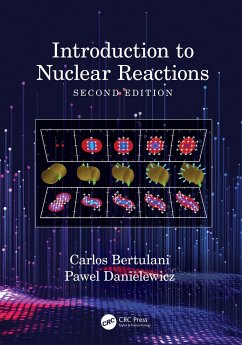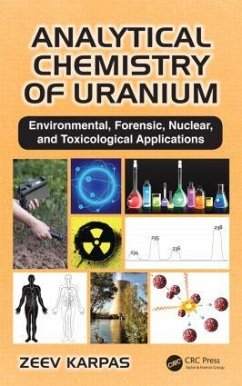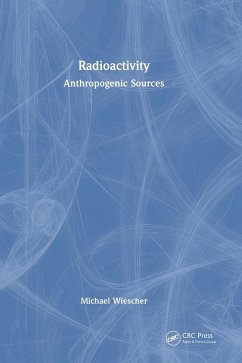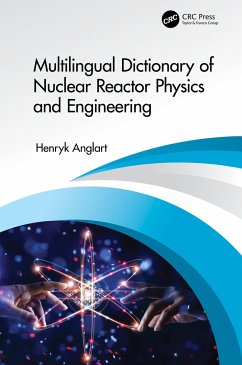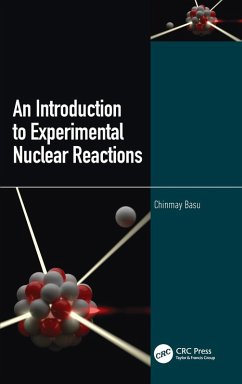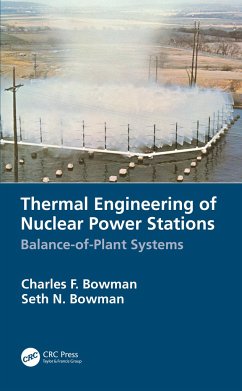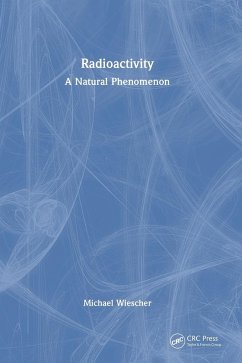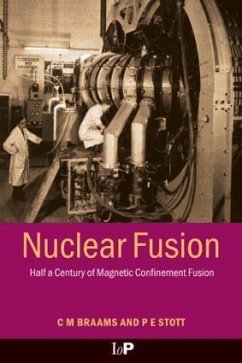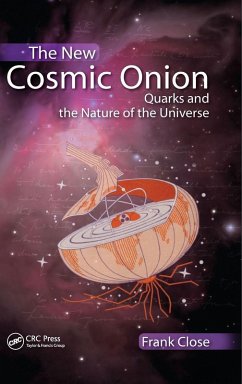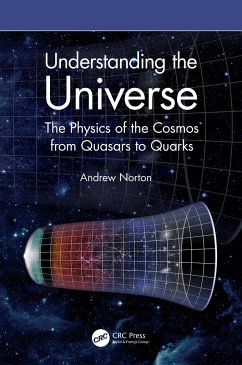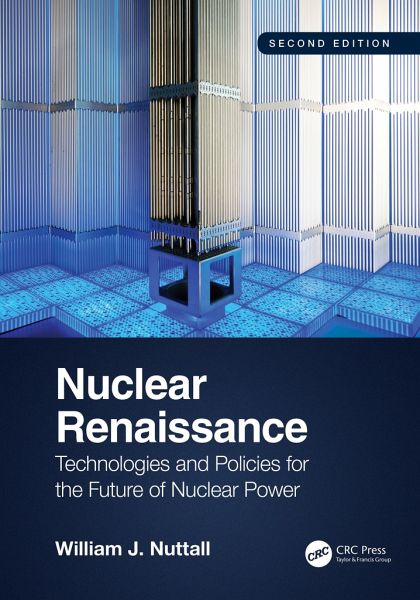
Nuclear Renaissance
Technologies and Policies for the Future of Nuclear Power
Versandkostenfrei!
Versandfertig in 1-2 Wochen
167,99 €
inkl. MwSt.
Weitere Ausgaben:

PAYBACK Punkte
84 °P sammeln!
Nuclear power is low carbon and reliable, but in recent years it has struggled to play a strong role in global plans for electricity generation in the 21st century. Many of those involved with nuclear power and environmental agencies see controlled expansion of nuclear plants as the most environmentally friendly way of meeting growing energy demands. In the UK policy makers must recognise concerns around severe accidents and radioactive wastes and balance these against the risks arising from other energy technologies. In addition, energy policy-makers must ensure that energy supplies remain af...
Nuclear power is low carbon and reliable, but in recent years it has struggled to play a strong role in global plans for electricity generation in the 21st century. Many of those involved with nuclear power and environmental agencies see controlled expansion of nuclear plants as the most environmentally friendly way of meeting growing energy demands. In the UK policy makers must recognise concerns around severe accidents and radioactive wastes and balance these against the risks arising from other energy technologies. In addition, energy policy-makers must ensure that energy supplies remain affordable for all in society. How might new nuclear power stations help meet emerging policy needs? This second edition of Nuclear Renaissance: Technologies and Policies for the Future of Nuclear Power continues to examine the future of nuclear power in the contexts of economics, environmental sustainability, and security of electricity supplies. Fully updated with the latest technologies and concerns, this comprehensive guide illustrates the technical challenges and opportunities facing nuclear power. This semi-technical overview of modern technologies meets the growing interest from scientists, environmentalists, and governments in the potential expansion of nuclear power. Various countries are starting to announce plans for new nuclear plants, either to replace those being decommissioned, to provide additional power or to contribute to the decarbonisation of especially challenging industrial activities. In the 2020s many commentators, once again, point to a renaissance just beginning. Nuclear Renaissance: Technologies and Policies for the Future of Nuclear Power is essential reading for physicists, engineers, policy-makers, researchers, energy analysts and graduate students in energy sciences, engineering and public policy. Key features Fully updated throughout, with new content on topics including the latest developments in fission and fusion energy, the global financial crisis of 2008/2009, and the Fukushima-Daiichi nuclear accident. Accessible to readers without a formal education in the area Authored by an authority in the field





